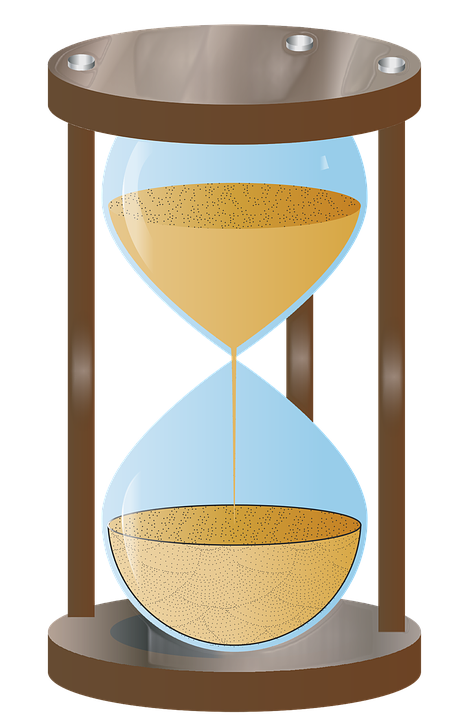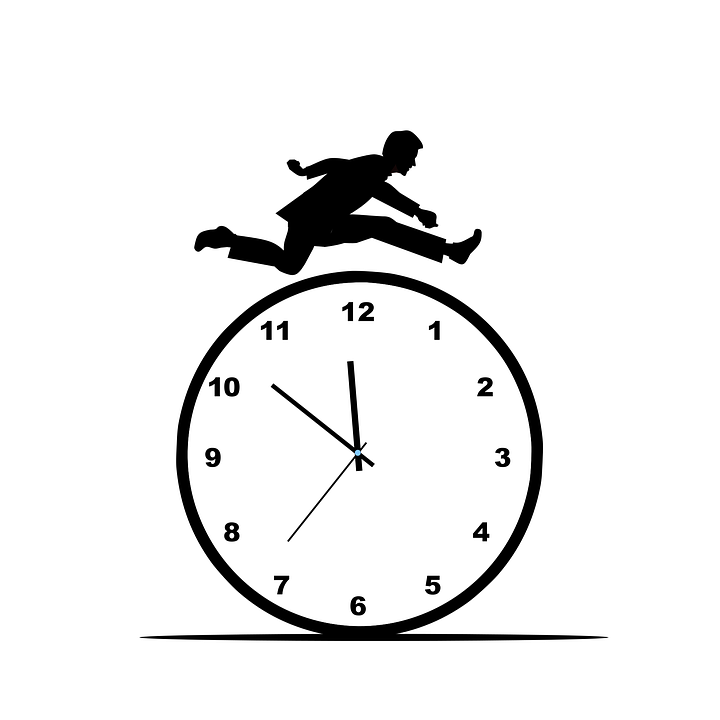Dry fasting for weight loss:
Dry fasting is a type of fasting that involves abstaining from both food and water for a certain period of time. Unlike other types fasting, dry fasting restricts both food and water intake, which can make it more challenging and potentially more dangerous, if not done properly. Proponents of dry fasting claim that it can promote weight loss, Detoxification and various health benefits. However, there is limited research on the safety and efficacy of dry fasting and it should only be attempted under the guidance of a Healthcare professional. Rice is not allowed in dry fasting. To know more on brown rice vs white rice, read this article, https://sparklinglifestyle.in/brown-rice-or-white-rice/
Types of Dry fasting:
There are two main types of dry fasting: soft fasting and hard fasting.
Soft dry fasting; – you avoid drinking water but you can still come into contact with water through activities such as showering or swimming.
Hard dry fasting; – you avoid all contact with water including showering and other hygiene activities.

Benefits of dry fasting; –
Improve metabolism; – It has been shown to stimulate the body’s metabolism and increase energy expenditure, which can promote weight loss.
- Improve immune system; – It may help to improve immune function by stimulating the production of immune cells and reducing inflammation in the body.
- Improve detoxification; – It may help the body to eliminate toxins more efficiently by stimulating the liver and Kidneys.
- Improve skin health; – It may help to improve skin health by promoting the elimination of toxins and improving blood circulation.
- Improve mental clarity; – Some people report improved mental clarity and focus, possibly due to the body’s increased production of ketones.
Risk of dry fasting; –
It can be dangerous if not done properly and under the guidance of healthcare professionals. Some of the potential risk of dry fasting include.
- Dehydration; – It can lead to severe dehydration which can cause a range of health problems including kidney damage and electrolyte imbalances.
- Nutrient deficiencies; – It can lead to nutrient deficiencies if not done under proper guidance. It is important to ensure that you are consuming adequate nutrients during your eating window.
- Increase risk of infection; – It can weaken the immune system and increase the risk of infection, particularly if proper hygiene is not maintained.
- Increase risk of electrolyte imbalance; – It can lead to imbalances in electrolytes, such as Sodium, Potassium and Calcium, which can cause a range of health problems.
- Increase risk of heat stroke; – It can increase the risk of heat stroke, particularly in hot weather or during physical activity.
Sample 16-hour dry fast plan; –
Day 1; –
- 6 to 7 pm (Last meal of the day) – Millet rotis, dal and steamed vegetables.
- 7 to 8 pm – Building phase stops – 1 glass of water.
- 8 pm to 11 am – Fasting/ elimination phase – starts dry fasting (no water or food).
Day 2; –
11 am to 11;30 am – Building phase starts – sip a glass of water, slowly swirling it inside your mouth first.
11;30 am to 12;00 noon – Eat 1 or 2 dates/ bananas.
12;30 pm to 1;30 pm – khichdi/dal and rice (a simple home cooked meal, something soft and easy to digest).
1;45 pm to 2;00 pm – 1 glass of water (keep Some gap between meals and water).
Important note; –
- Carry on the rest of the as usual;
- One can extend or discontinue the fasting phase as per comfort level. – In the building phase, make sure you eat well. Do not diet in the building phase, else you will cripple your metabolism.
- Do not starve, it is not the same as fasting.
Contraindications for dry fasting; –
- Throughout pregnancy
- During breastfeeding
- Abnormal level of sodium, potassium in your body
- If you are on certain medications
- Hypo/hyperthyroidism
- If you are severely underweight
- If you have widely fluctuating sugar level
- If you are suffering from kidney stone and kidney disorders
- Infertility or trying to conceive
- If you have chronic stress or depression.
Conclusion:
While dry fasting knee offers short term results, it is not a safe or sustainable weight loss method. Instead, adopt a holistic approach emphasizing proper nutrition, hydration and regular physical activity for lasting and healthy weight management. Always consult a doctor before attempting extreme fasting practices.



Leave a Comment